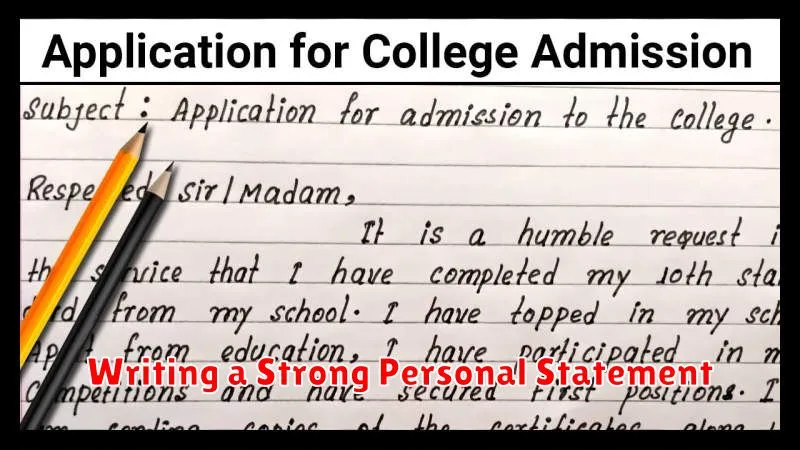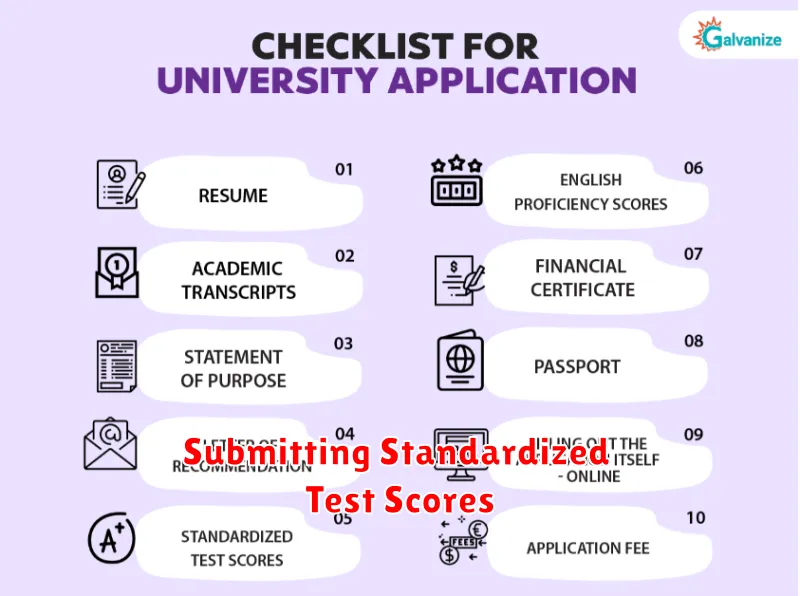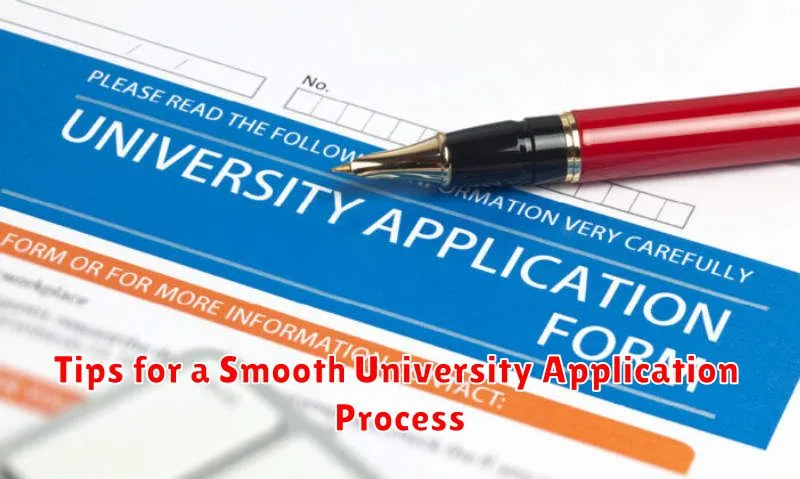Applying to university can be a daunting process, filled with important deadlines, competitive admissions, and a multitude of application requirements. Navigating this crucial step towards higher education requires careful planning, organization, and a thorough understanding of the process. This article provides valuable tips and strategies to help prospective students streamline their university applications, ensuring a smoother and more successful experience. From selecting the right institutions to crafting a compelling personal statement, these guidelines will empower applicants to present their best selves and increase their chances of acceptance.
The university application process can feel overwhelming, but with the right approach, it can be managed effectively. This guide outlines key tips for a smooth application process, covering everything from early preparation and researching universities to standardized test scores, letters of recommendation, and financial aid. By following these recommendations, students can minimize stress, maximize efficiency, and ultimately achieve their goal of securing a place at their desired university. Whether you’re aiming for a top-tier university or a smaller liberal arts college, these tips are designed to help you navigate the application process with confidence and achieve your academic aspirations.
Preparing a University Shortlist
Creating a well-researched university shortlist is crucial for a successful application process. Consider factors like academic programs, location, campus culture, and financial aid opportunities.
Start by identifying programs aligned with your academic and career goals. Research university rankings and faculty expertise in your field of interest. Then, evaluate the practical aspects of location, including cost of living and proximity to family.
Finally, consider the campus environment. Reflect on your preferred learning style and social atmosphere. Visiting campuses or attending virtual open days can offer valuable insights.
Understanding Application Requirements
Before starting your university application, it is crucial to understand the specific requirements for each institution and program. Carefully review the application guidelines on their official websites. This includes required documents, standardized test scores, and any prerequisite courses.
Pay close attention to deadlines. Missing a deadline can disqualify your application. Organize your materials and create a checklist to ensure you submit everything on time.
Writing a Strong Personal Statement

Your personal statement is a critical part of your university application. It’s your opportunity to showcase who you are beyond grades and test scores.
Focus on conveying your unique experiences, skills, and aspirations. Clearly articulate why you are interested in the specific program and how it aligns with your goals.
Structure your statement effectively. Begin with a compelling introduction, develop your narrative logically, and conclude with a strong closing statement.
Proofread carefully for grammar and spelling errors. A polished personal statement demonstrates your attention to detail and professionalism.
Gathering Transcripts and Letters of Recommendation
Requesting transcripts and letters of recommendation is a crucial step in the university application process. Start early to avoid delays. Transcripts are official records of your academic performance. Contact your high school or previous institutions to request official copies. Be aware of processing times.
Letters of recommendation provide insights into your character and abilities. Choose recommenders who know you well and can speak to your strengths. Provide them with ample time and necessary materials, such as your resume or personal statement, to write a strong recommendation.
Meeting Application Deadlines
Meeting deadlines is crucial for a successful university application. Missing a deadline can disqualify your application, regardless of its strength.
Start by researching each university’s specific deadlines. These can vary significantly. Create a calendar or spreadsheet to track each deadline. Set reminders well in advance to avoid last-minute rushes.
Build in extra time for unexpected delays. Technical issues, transcript requests, or recommendation letter delays can arise. Submitting your application a few days early ensures you meet the deadline even with unforeseen circumstances.
Submitting Standardized Test Scores

Standardized tests, such as the SAT or ACT, are often a required component of university applications. Ensure you register for these tests well in advance of application deadlines.
Request official score reports be sent directly to the universities you are applying to. Each institution has its own code for receiving scores, so double-check you have the correct one. Allow sufficient processing time for the scores to reach the admissions office.
Some universities may offer test-optional or test-flexible policies. Carefully review each university’s requirements to determine if submitting scores is necessary or advantageous for your application.
Avoiding Common Application Mistakes
Carefully review all sections of your application before submission. Common errors include typos, incorrect dates, and inconsistencies in information. Proofread everything thoroughly.
Meet deadlines. Submit your application before the deadline to avoid last-minute technical issues or unexpected delays. Late submissions are rarely accepted.
Follow instructions. Each university has specific requirements. Adhere to word limits, formatting guidelines, and requested documents for each individual application.

